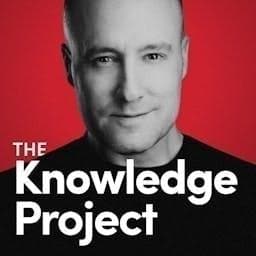
Sign up to save your podcasts
Or



By Fortune





4.5
100100 ratings



The podcast currently has 252 episodes available.










The podcast currently has 252 episodes available.

1,728 Listeners

4,385 Listeners

2,186 Listeners

1,991 Listeners

434 Listeners

2,682 Listeners

3,986 Listeners

579 Listeners

196 Listeners

178 Listeners

6,127 Listeners

1,582 Listeners

154 Listeners

188 Listeners

85 Listeners